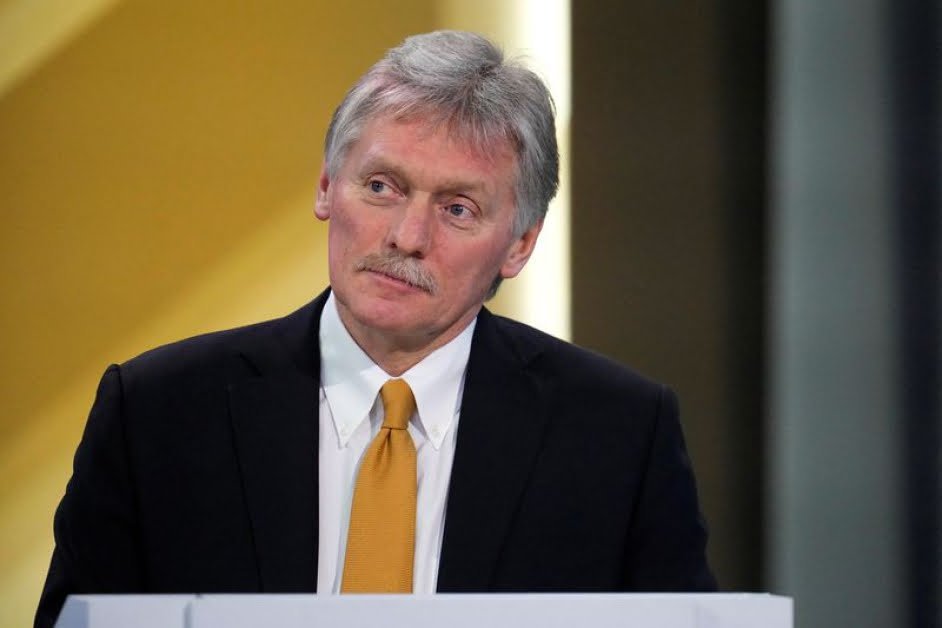The Latest Developments in the Russia-US Geopolitical Tensions
In the midst of the ongoing tensions between Russia and the United States, a new development has emerged. Russia has expressed its interest in engaging in discussions, but with a condition – the inclusion of Ukraine in the agenda. This latest twist adds another layer of complexity to the already volatile situation, raising questions about the future of negotiations between these two major powers. Let’s take a closer look at this issue and consider the potential implications it may have on international relations.
Russia’s Stance on Safety Talks with the US
According to a statement from the Kremlin, Russia acknowledges the importance of safety talks with the US but insists on a comprehensive approach that includes discussions about Ukraine. Kremlin spokesperson Dmitry Peskov emphasized that it is not possible to isolate specific issues from the broader context of accumulated issues, indicating a willingness to engage in dialogue that addresses all dimensions, including the situation in Ukraine.
The United States’ Response
On the other hand, the United States has rejected Russia’s claims that its support for Ukraine makes it a direct participant in the conflict. The US maintains that any negotiations regarding the conflict should involve Ukraine directly. This differing perspective has contributed to the complexity of the situation and the challenges of finding common ground for discussions.
Growing List of Issues
Peskov highlighted that the list of issues requiring attention in discussions between Russia and the US is expanding. He emphasized the importance of a comprehensive dialogue to address the various challenges and threats to global security. The need for such dialogue is underscored by the increasing complexity of international security dynamics.
Recent Actions by Russian President Putin
Recent actions by Russian President Vladimir Putin have further heightened tensions. His visit to nuclear-armed North Korea, the signing of a mutual defense agreement with Kim Jong Un, and the indication of potential arms supply to North Korea in response to Western support for Ukraine have raised concerns. Additionally, Putin’s statements about reviewing Russia’s nuclear weapons doctrine and the impending expiration of a key arms control treaty in 2026 have added to the sense of uncertainty and instability in the region.
Conclusion
The evolving dynamics of the Russia-US relationship, particularly in the context of the conflict in Ukraine, underscore the complexities and challenges of international diplomacy. The inclusion of Ukraine in discussions adds a new dimension to the negotiations and highlights the need for a comprehensive approach to address the underlying issues. As both countries navigate these challenges, the future of their relations and the implications for global security remain uncertain.


